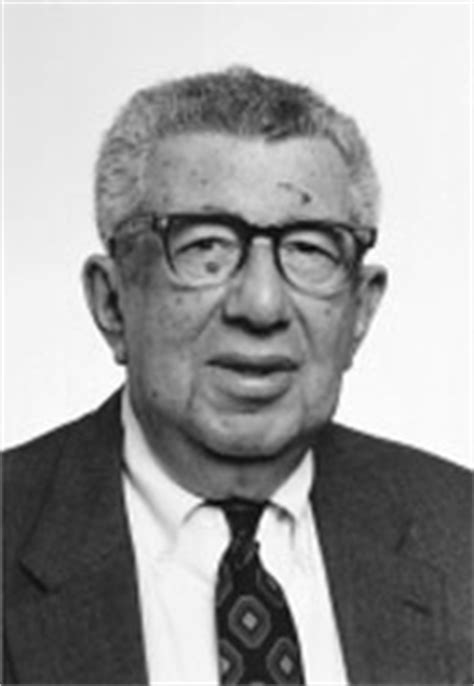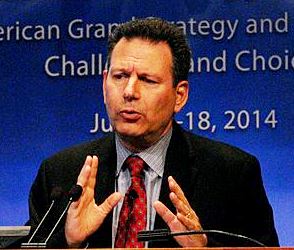A Quote by Henry Giroux
In the United States the state monopoly on the use of violence has intensified since the 1980s, and in the process, has been increasingly directed against young people, low-income whites, poor minorities, immigrants, and women.
Related Quotes
Life is now a war zone, and as such, the number of people considered disposable has grown exponentially, and this includes low income whites, poor minorities, immigrants, the unemployed, the homeless, and a range of people who are viewed as a liability to capital and its endless predatory quest for power and profits.
Given the racist and patriarchal patterns of the state, it is difficult to envision the state as the holder of solutions to the problem of violence against women of color. However, as the anti-violence movement has been institutionalized and professionalized, the state plays an increasingly dominant role in how we conceptualize and create strategies to minimize violence against women.
The War on Drugs is a war on people, but particularly it's been a war on low-income people and a war on minorities. We know in the United States of America there is no difference in drug use between black, white and Latinos. But if you're Latino in the United States of America, you're about twice as likely to be arrested for drug use than if you're white. If you're black, you are about four times as likely to be arrested if you're African American than if you are white. This drug war has done so much to destroy, undermine, sabotage families, communities, neighborhoods, cities.
The conservative goal has been the Third Worldization of the United States: an increasingly underemployed, lower-wage work-force; a small but growing moneyed class that pays almost no taxes; the privatization or elimination of human services; the elimination of public education for low-income people; the easing of restrictions against child labor; the exporting of industries and jobs to low-wage, free-trade countries; the breaking of labor unions; and the elimination of occupational safety and environmental controls and regulations.
There was a hateful video that was disseminated on the Internet. It had nothing to do with the United States government, and it's one that we find disgusting and reprehensible. It's been offensive to many, many people around the world. That sparked violence in various parts of the world, including violence directed against Western facilities including our embassies and consulates.
The challenges that young people are mobilizing against oppressive societies all over the globe are being met with a state-sponsored violence that is about more than police brutality. This is especially clear in the United States, given its transformation from a social state to a warfare state, from a state that once embraced a semblance of the social contract to one that no longer has a language for justice, community and solidarity - a state in which the bonds of fear and commodification have replaced the bonds of civic responsibility and democratic vision.
In Sumter and other counties [in South Carolina] the whites are resorting to intimidation and violence to prevent the colored people from organizing for the elections. The division there is still on the color line. Substantially all the whites are Democrats and all the colored people are Republicans. There is no political principle in dispute between them. The whites have the intelligence, the property, and the courage which make power. The negroes are for the most part ignorant, poor, and timid. My view is that the whites must be divided there before a better state of things will prevail.
The United States says "We're complying. We're following the disarmament obligation. Look at the quantitative reductions that are taking place." But, since '96, there really hasn't been progress on specific commitments that have been made. Perhaps most disturbing is this: that the United States and France in particular, since 1996, have expanded the range of circumstances under which they might use - they say they might use - nuclear weapons.
While the foreign policy elite in Washington focuses on the 8,000 deaths in a conflict in Syria – half a world away from the United States – more than 47,000 people have died in drug-related violence since 2006 in Mexico. A deeply troubled state as well as a demographic and economic giant on the United States’ southern border, Mexico will affect America’s destiny in coming decades more than any state or combination of states in the Middle East.
I have been working with Women's Aid since 2003 when I became the charity's first Ambassador, and am so pleased to be able to be a part of the 'Real Man' campaign against domestic violence. I studied domestic violence at university and feel passionately that we need to raise awareness of violence against women and children and refuse to ignore it. Just by speaking out against domestic violence and being supportive of those directly affected we can all make a positive difference.
































